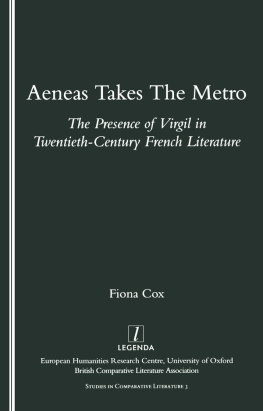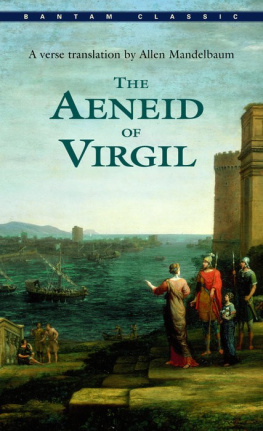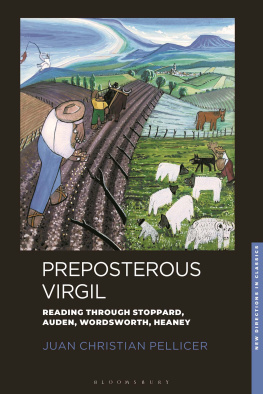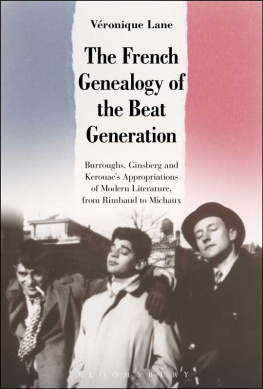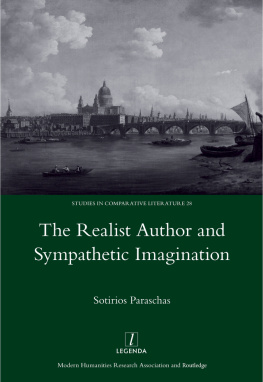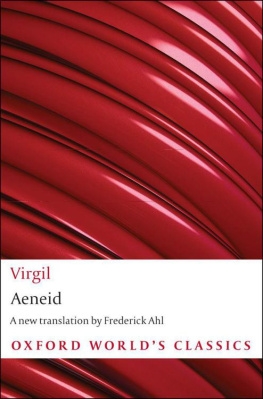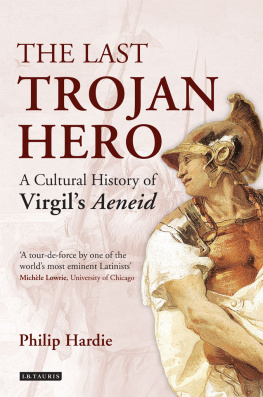Legenda Editorial Board
Director
Professor Malcolm Bowie, All Souls College
Editorial Co-ordinator
Dr Diego Zancani, Balliol College
Professor Ian Maclean, All Souls College (French)
Professor Marian Hobson Jeanneret, Queen Mary & Westfield College, London (French)
Dr Ritchie Robertson, St Johns College (German)
Professor Lesley Sharpe, University of Exeter (German)
Dr Diego Zancani, Balliol College (Italian)
Professor David Robey, University of Reading (Italian)
Dr Stephen Parkinson, Linacre College (Portuguese)
Professor Helder Macedo, Kings College London (Portuguese)
Professor Gerald Smith, New College (Russian)
Professor David Shepherd, University of Sheffield (Russian)
Dr David Pattison, Magdalen College (Spanish)
Dr Alison Sinclair, Clare College, Cambridge (Spanish)
Dr Elinor Shaffer, School of Advanced Study, London
(Comparative Literature)
Senior Publications Officer
Kareni Bannister
Volume Editor
Dr Nicola Luckhurst, Somerville College
Contents
Guide
I should like to thank the British Academy for their financial support while much of this book was written. I am also indebted to the Arts Faculty Curriculum and Development Fund at University College, Cork and the British Comparative Literature Association for generous financial aid.
A version of part of first appeared as Envoi: The Death of Virgil in Cambridge Companion to Virgil and I am grateful to Cambridge University Press for their permission to reuse this material. I should also like to thank Edinburgh University Press for permission to reuse material from an article Translating the Aeneid to the Nouveau Roman : Pierre Klossowskis Aeneid ,which first appeared as an article in Translation and Literature Vol 6, Part 2, 1997.
I am enormously grateful to my PhD supervisors Denis Feeney, Charles Martindale and, especially, David Meakin. Without their guidance and perspicacity this book could not have been written. I have also benefited greatly from the comments and insights of Peter France to whom I am very grateful. Thanks are also due to an anonymous reader for Legenda, Susanna Moreton Braund, Duncan Kennedy, Eamonn O Carragin, Patrick ODonovan and Eduardo Saccone for their comments on various chapters. My time spent writing the book was constantly enriched and enlivened by the intelligence and perceptions of Elena Theodorakopoulos. Another special debt of gratitude is owed to Dick Collins who read over the entire typescript and who offered a wealth of new and lively insights into each chapter. My greatest debt is, however, to my parents for their constant encouragement and support and it is to them that this book is dedicated.
Amongst the images which Virgils presence in twentieth-century France has evoked, the most striking and persistent is that of fractured perfection. While the Bucoliasts figured this as an irrecuperable Golden Age, it can also be signified (as in Broch) by the broken circle. The absolute self-sufficiency of Dantes sphere has metamorphosed into an infinite spiral. Books no longer own final selves, definitive meanings, but spawn a limitless series of new readings through the infinity of intertexts which they each contain.
Intertextual proliferation is the theme of Butors Degrs, where a 35-year-old schoolteacher, Pierre Vernier, undertakes the description of one particular hour of one particular class in the school timetable and discovers that to do this thoroughly he must examine all the texts which the class are studying throughout the year as well as investigating the private lives of his colleagues and pupils. The inquiry becomes impossible as more and more links are perceived and eventually Vernier dies beneath the weight of the task. There is a fatal twist to his ability to perceive links between disciplines and between literature and life such as he describes it to his nephew Pierre Eller:
je suis capable de relier ce moment de la vie de ton oncle, par des catgories grammaticales ou autres, dautres moments, cet homme dautres hommes, ce lieu dautres lieux, cette citation au reste de la tragdie, cette tragdie aux autres de Racine, ce fragment de culture dautres,
apportant un peu de lumire au milieu de cette confusion norme o nous nous dbattons, un peu de lumire qui se projette sur cet instant, qui le rend visible, observable, qui se rflchit sur cet instant pour venir claircir un peu lobscur prsent.
[By grammatical, or other, categories I am capable of linking this moment of your uncles life to other moments, this man to other men, this place to other places, this quotation to the rest of the tragedy, this tragedy to the other tragedies of Racine, this fragment of culture to others, shedding a bit of light in the heart of this enormous confusion in which we struggle, a bit of light which is projected onto this moment, which makes it visible, observable, which is reflected on this moment to come and illumine a little the dark present.]
That the richness of such an imagination can lead to destruction is indicated by Verniers fate. At the end of Degrs his colleague, Jouret, describes the project as a ruined tower which crumbled under its own weight, and yet a faint ray of hope is perceptible in the shaft of gold gleaming on the tower in the sunshine. This optimism stems from the possibility that the reader may make his or her own voyage through history from the starting point of the book, learning to re-evaluate their past and the roots of their culture on their course. Only thus can we attain adequate control over our future:
celui qui est coup de ses propres origines, qui ne peut avoir de renseignements sur elles, qui ignore tout ce qui mne la situation dans laquelle il se trouve, ne peut pas parvenir la conscience de soi. Il est en quelque sorte extrieur lui-mme et sa conduite apparat comme un inexorable destin.
[he who is cut off from his own origins, who can hold no information about them, who is ignorant of everything which has given rise to the situation in which he finds himself, cannot arrive at self-awareness. He is in some way outside of himself and his behaviour seems like an inexorable destiny.]

